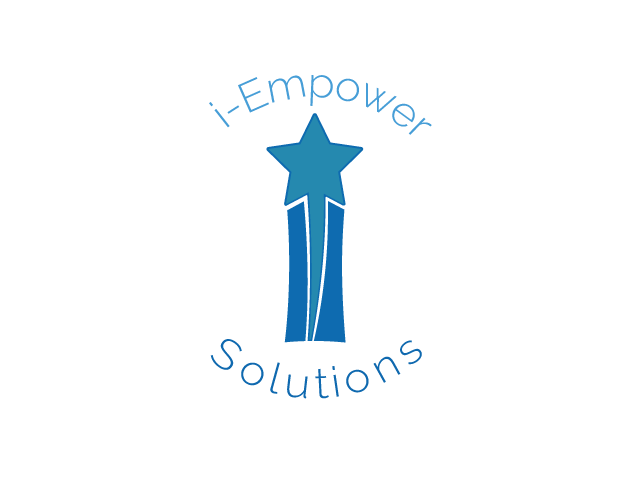A Deeper Look Inside ADHD
We are very familiar with ADHD. It’s an increasingly common neurological issue that impacts millions of children and adults. Most of us think about the typical way it presents. Although hyperactivity and inattention are hallmark symptoms, ADHD goes much deeper than that. It may be a commonly diagnosed disorder, but it’s still misunderstood. Many with ADHD are left feeling like people don’t realize how it truly impacts them. This lack of understanding leads to isolation, increased anxiety and depression, low self-esteem, and frustration. We must take a deeper look at ADHD and understand how it really impacts a person’s life.
ADHD begins in childhood, and this is an experience that grows with the person over time. As young children, they may notice they get in trouble more than other kids. Schoolwork, making and keeping friends may be a bigger challenge, too. Children may start comparing themselves with their peers as they grow up and wonder why life is more challenging for them. This is where self-esteem may be impacted. Life can be a lot harder for ADHD children. They struggle with executive dysfunction, which is often misunderstood as laziness or carelessness. These kids frequently fall behind, which starts a painful cycle.
The teenage years are complicated for everyone. Teenagers go through puberty and experience hormonal changes. The academic and social demand also increases during this time, which is a tricky recipe for ADHD. This is the time we start to see the onset of mental health conditions and the negative consequences of self-destructive behaviors. It’s a time in a person’s life that we need to really remember what it was like.
Once ADHD people hit adulthood, they often have had years of struggles and even trauma. This significantly affects how the person responds in professional and social situations. Although symptoms can decrease over time, people usually carry this throughout their lives.
ADHD affects how a person thinks, learns, sleeps, works, socializes, and navigates daily life. People with ADHD have brains that are wired differently. They experience emotions more intensely and may struggle with sleep and planning. These people can experience restlessness that leads to anxiety and impulsivity that impact their decision-making process.
And although ADHD comes with a lot of misunderstood challenges, it also comes with a lot of gifts that are overlooked. People with ADHD are energetic, creative, empathetic, risk-takers and can hyperfocus on their interests. They can lead successful and fulfilling lives with the proper understanding and support. They can thrive in careers in the arts and entrepreneurship, teaching, healthcare, sales, tech, and physical jobs that need a lot of energy! ADHD is much deeper than we think. It comes with challenges that few understand but also gifts we need to look at more.
